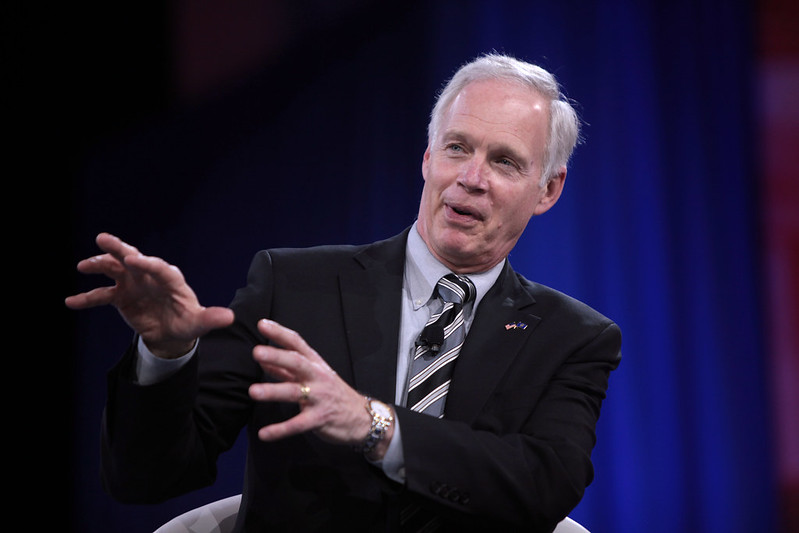A Thought on Dean Baquet's Comments to Jack
This morning, Jack published an interview he conducted yesterday with New York Times Executive Editor Dean Baquet about the paper's decision the other day to publish the names of three covert CIA officers.
Published by The Lawfare Institute
in Cooperation With

This morning, Jack published an interview he conducted yesterday with New York Times Executive Editor Dean Baquet about the paper's decision the other day to publish the names of three covert CIA officers. Earlier this week, DNI General Counsel Robert Litt blasted this decision, and---among other things---Baquet in the interview defends it.
Baquet offers a relatively complicated defense, which I hope I am not distorting or oversimplifying when I summarize it as follows: The drone program is more of a military operation than a traditional covert intelligence program. It's highly controversial and much debated. Some of the people who have run it are the same people who earlier ran the CIA's interrogation program. So there's an accountability need to describe who they are. Moreover, the CIA didn't make a strong case for keeping their names secret:
These guys may technically be undercover. But even the CIA admitted when they called – and this was a big factor in the decision – that they are widely known, and they were known to the governments where they were stationed. The CIA’s pitch was not that these guys are secret or that people don’t know about them. The CIA’s pitch to me was, “Look, its one thing to be widely known, and to be known to governments and to be on web sites; but when they appear on the front page of the New York Times, that has a larger meaning.” So they were known anyway. The gentleman at the very top [of the CTC] runs a thousand-person agency, and makes huge decisions, personally, that have tremendous repercussions for national security. I’m not making judgments about him, but that’s the reality.In other words, these guys are running a military program and their identities aren't really that secret anyway. Baquet makes some strong points, but I don't think his analogy between CIA officers and military officers---whom papers will nearly always name---is a good one. The reason is that a CIA officer whose name is protected will often have a long history of recruiting sources in foreign countries and of working with foreign governments. Yes, it's true that those foreign governments might, in fact, know that the operative is CIA, might in fact work with that person because he or she is CIA. But the fiction that the person is part of the State Department, or isn't in the country at all, can often make that cooperation possible, because it gives the liaison government deniability. Moreover, while the person may be relatively well-known in some stations in which he or she has served, that may not be true in all. And there may be sources that he or she recruited a while back who become exposed when the officer is outed now. The outing of a covert officer can thus not only reveal his or her affiliation---or identity---to people who didn't, in fact, know it before. It can also have an "emperor has no clothes" effect on people who did know it---forcing them to deal publicly or openly with a reality that everyone had agreed not to acknowledge before and whose non-acknowledgement made other things possible. I'm not saying that's what happened here, but there is a reason that the CIA takes extraordinary measures to protect clandestine service officers' identities---and that Congress passed a law generally making it a crime to intentionally out protected operatives and agents.
Benjamin Wittes is editor in chief of Lawfare and a Senior Fellow in Governance Studies at the Brookings Institution. He is the author of several books.



-final.png?sfvrsn=b70826ae_3)

